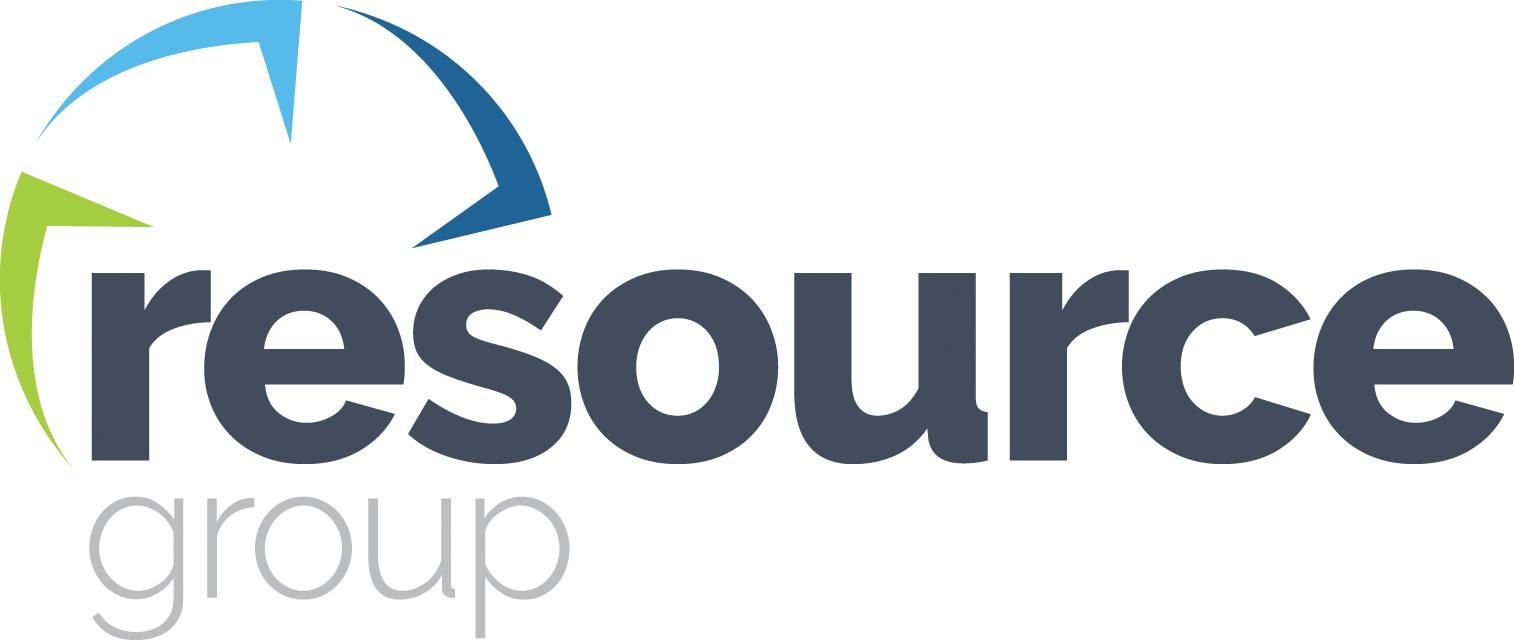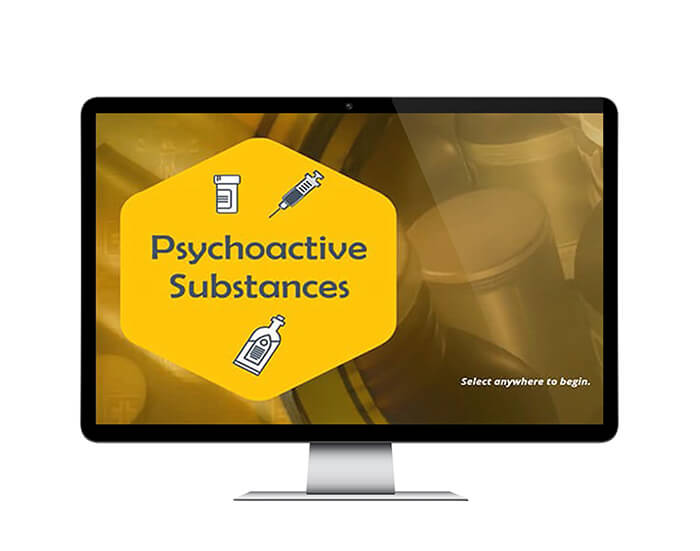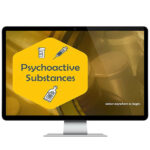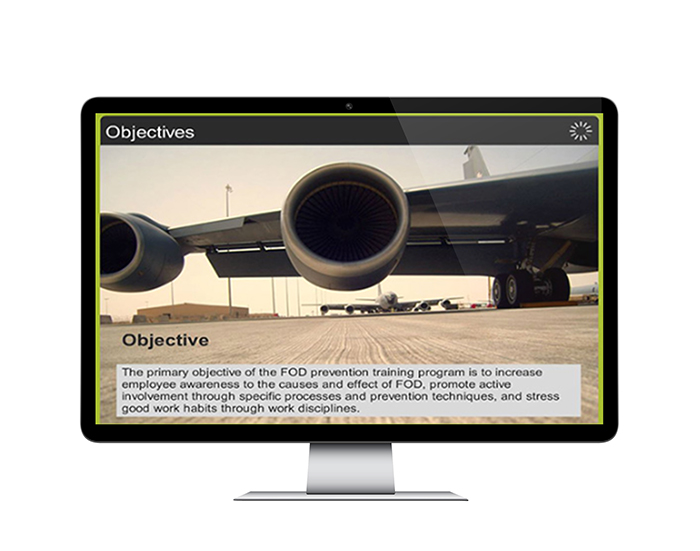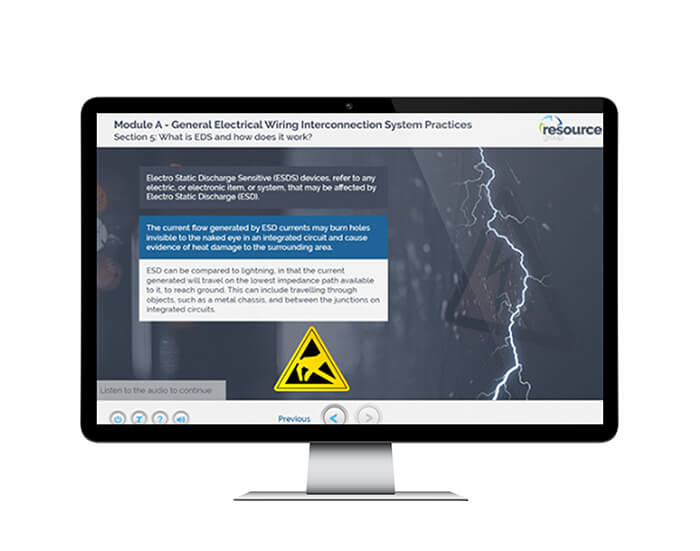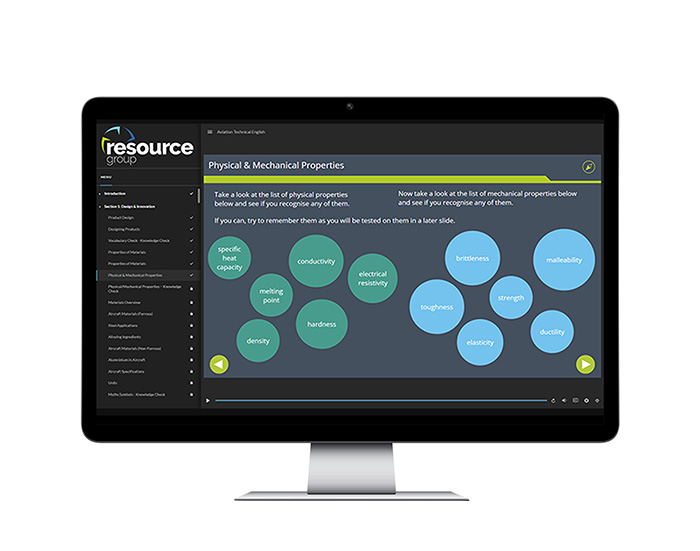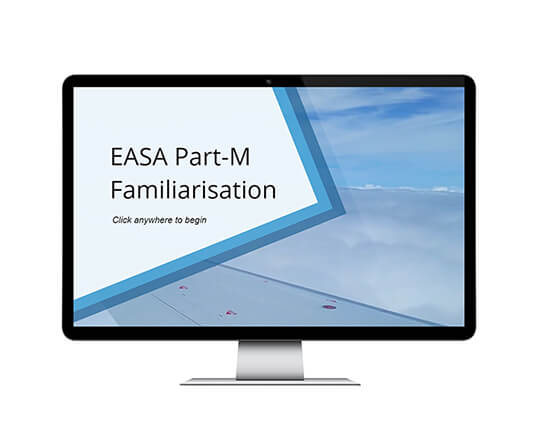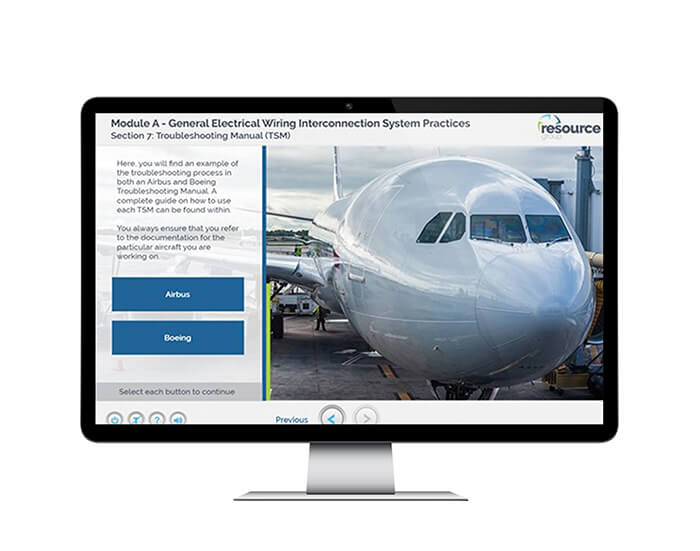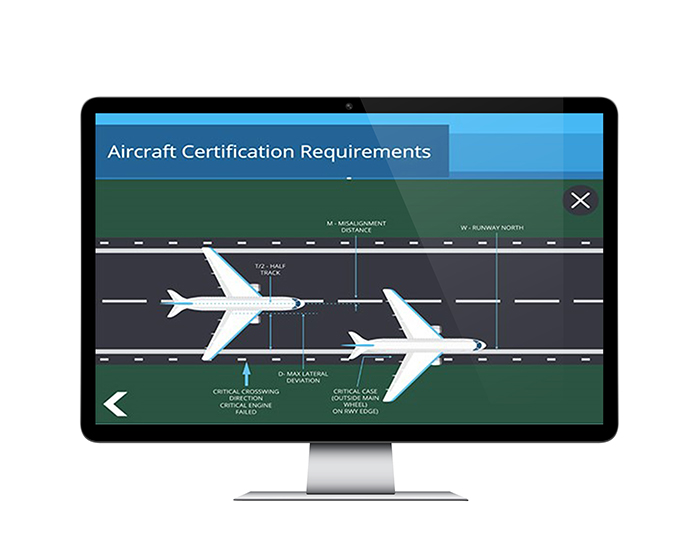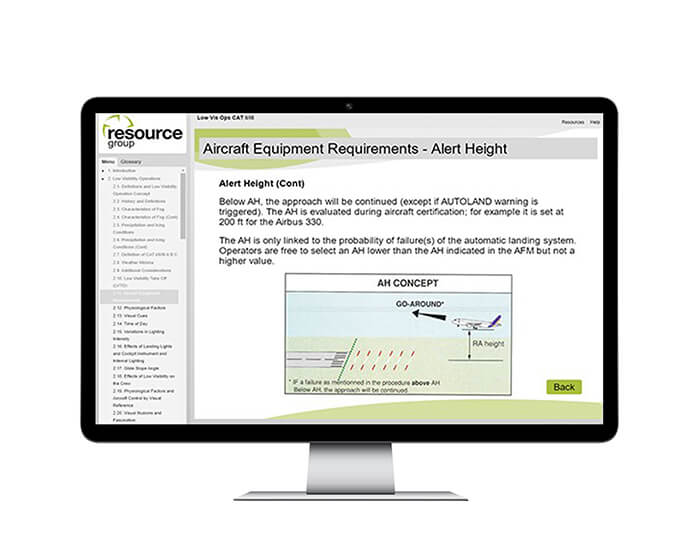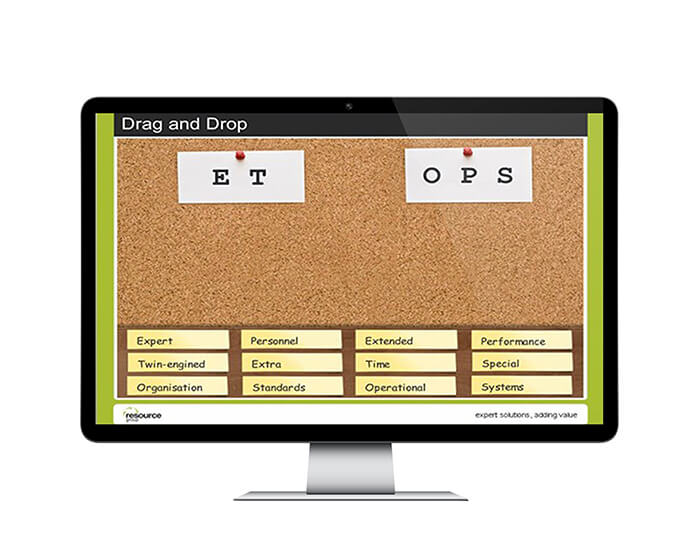Psychoactive Substances Management Programme (PSMP)
This mandatory course has been designed to provide aviation sector employees with relevant information on how psychoactive substances can affect their lives, jobs, and public safety.
It focuses on how safety management, health promotion, screening, treatment, advice, support, and rehabilitation will benefit employees.
£32.00 (exc. VAT)
More Information
Who this course is aimed at? Safety-sensitive personnel who might endanger aviation safety if they perform their duties and functions improperly. This includes, but is not limited to, flight crew members, ground crew, air traffic controllers and aircraft maintenance personnel.
All aviation workers share the responsibility to ensure that aviation duties are never compromised and that they are fully aware of the dangers of using alcohol or other drugs. Any use of psychoactive substances will not allow the safe performance of critical aviation duties, can endanger the public, and undermine their trust in the aviation transport system.
Without the use of substances, aviation personnel will provide safer services, be more efficient, be better able to compete, save money and protect their health, without losing their ability to be sociable or relax.
*Psychoactive Substances include alcohol, cannabinoids, cocaine, hallucinogens, hypnotics, nootropics opioids, psychostimulants, sedatives, and volatile solvents. Tobacco and caffeine are not included. (ICAO 1995: vi).
Legislation References:
This course is aligned to the regulations below:
- ICAO 9654-AN/945
- ICAO guidelines on the Prevention of Problematic Use of Substances in the Aviation Workplace.
- (EU) 965/2012 Annex IV CAT.GEN.MPA.170
- GCAA CAT.GEN.MPA.170 Psychoactive substances.
Course Topics:
The current version of the course covers requirements of GCAA CAR PSMP.
- Flight safety risks of various psychoactive substances.
- The physiological effects of various psychoactive substances on individuals.
- Medication contents may affect safety and performance.
- Reason for random drug testing and penalty for positive drug test.
- Operator’s responsibilities to applicable legislation and policies on psychoactive substances as stated in their Drug and Alcohol Policy.
- Individual rights and responsibilities to applicable legislation and policies on psychoactive substances.
- Recognise problems and how to make a self-declaration or referral in case of a decrease in medical fitness (with an emphasis on prevention and early support).
- Recognise problems with colleagues’ medical fitness and use established mechanisms to ensure necessary intervention occurs (with an emphasis on prevention and early support).
References:
ICAO. 1995. Manual on Prevention of Problematic Use of Substances in the Aviation Workplace – Document 9654-AN/945. ICAO: Montreal.
